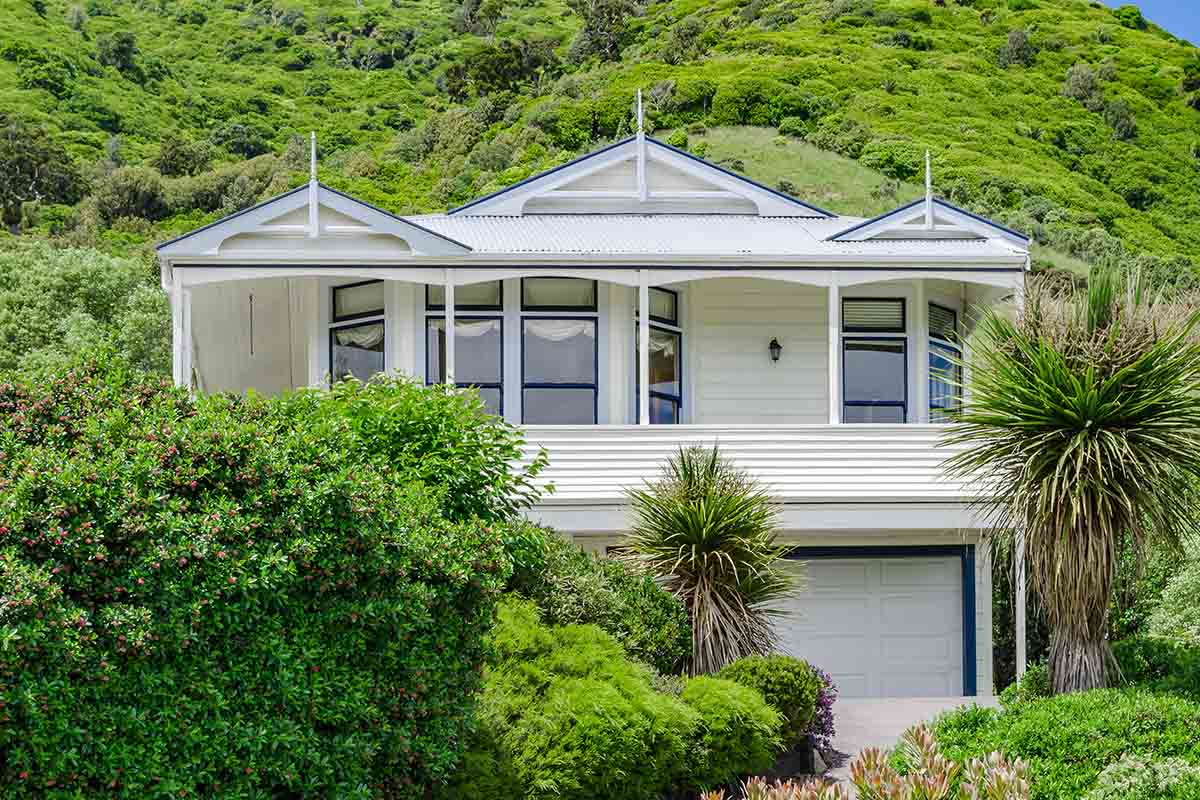New Zealand has weathered our current COVID-19 pandemic with aplomb.
So you may be tempted to move there (also because it’s gorgeous and their prime minister is awesome). But real estate prices have skyrocketed, as Bloomberg reports, with the island nation now one of the most expensive housing markets relative to income among the 36 nations in the Organisation for Economic Co-operation and Development (OECD). And the city of Auckland is now the fourth least-affordable city in the world.
Housing prices are up 20% year-to-year, with the country’s median at about $550,000 in U.S. dollars. Some houses are going for millions above their local council valuations; even dilapidated “dungers” can fetch seven figures. Meanwhile, home ownership is 65%, a low rate that hasn’t been seen since the 1950s.
“Common sense would suggest that run-down or derelict properties could sell for a bargain,” as Wendy Alexander, the acting chief executive at the Real Estate Institute of New Zealand (REINZ), told the BBC. “However, as we’ve seen time and time again, this isn’t always the case in the current market.”
Basically, people are being priced out of owning. As the Bloomberg report notes, “The median house price is now 6.7 times the average annual household income, according to Infometrics. To get back to an affordable multiple of about three, the economics consultancy estimates there would need to be a 55% drop in house prices or a 123% lift in household incomes.”
Government changes in tax rules away from investors and toward first-time buyers may help. Meanwhile, the New Zealand Property Investors’ Federation suggests that a housing shortage is the real issue.
As a New Yorker, all of these arguments sound sadly familiar (although outsiders buying up property doesn’t seem to be an issue, as you need to hold a residence class visa and meet other criteria to buy a home in New Zealand). As does this conclusion reached by recent NZ homebuyer Femke Burger: “I ended up spending significantly more than my original budget, and I ended up buying something I never would have considered at the beginning. There have been some significant compromises, but I’m still really happy.”
Thanks for reading InsideHook. Sign up for our daily newsletter and be in the know.
